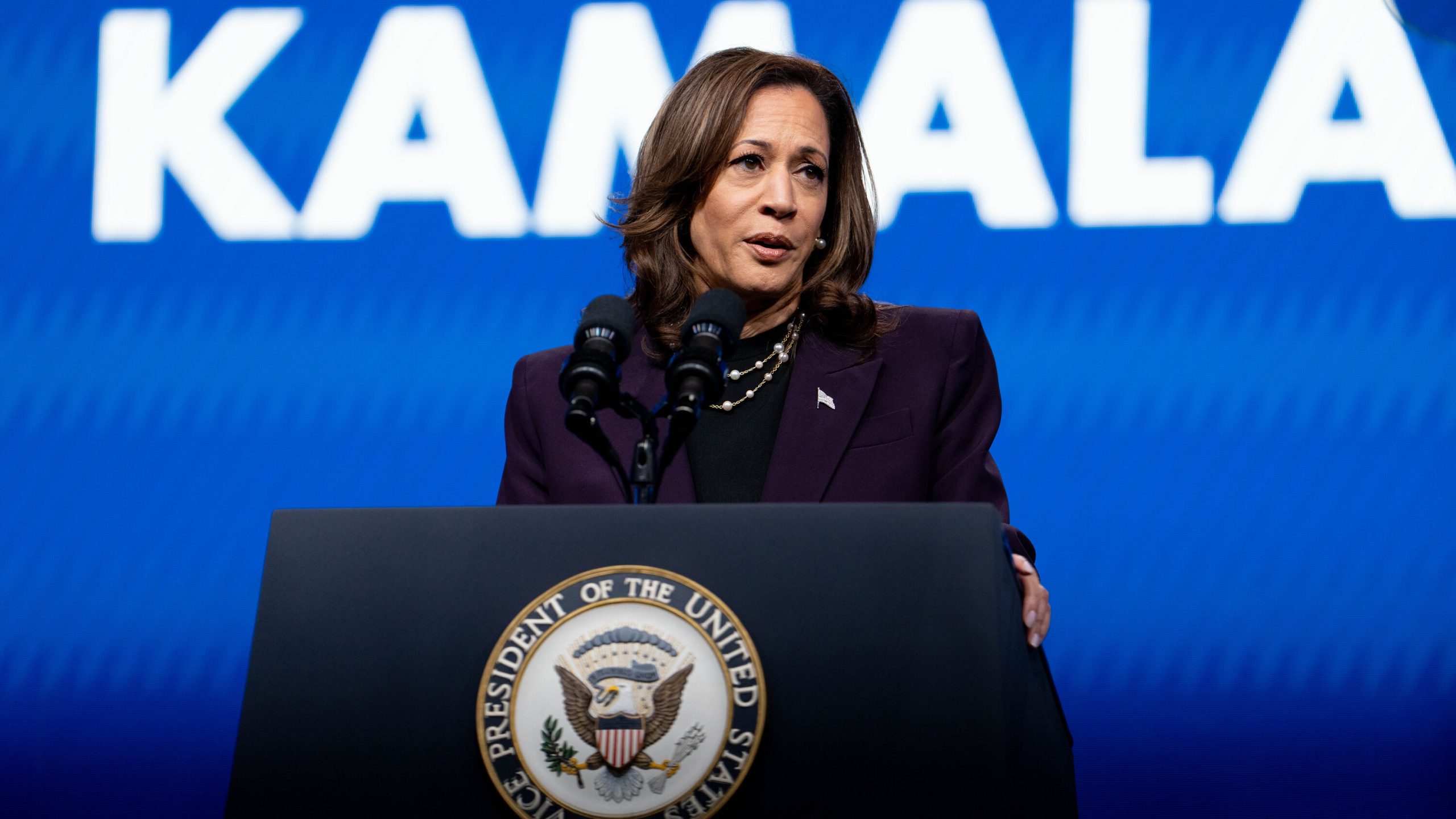A recent report from the Financial Times reveals that Vice President Kamala Harris is actively seeking support from the business community as she campaigns against Donald Trump.
She has met with several influential corporate executives, such as Karen Lynch from CVS, Ryan McInerney of Visa, Charles Phillips of Infor, and Greg Brown of Motorola. This engagement aims to secure financial backing and strengthen her position among key stakeholders in the business world.
In an important development, a coalition called “Business Leaders for Harris” has been formed to raise funds for her campaign. This group includes prominent figures such as LinkedIn co-founder Reid Hoffman, billionaire entrepreneur Mark Cuban, Netflix co-founder Reed Hastings, and Ken Chenault, former CEO of American Express.
Chenault’s notable speaking role at the Democratic National Convention highlights the considerable support Harris is receiving from influential business leaders, which could enhance her campaign’s visibility and resources.

Additionally, two finance executives disclosed that Harris indicated her intention to appoint individuals to significant regulatory roles at the Securities and Exchange Commission (SEC) and the Federal Trade Commission (FTC) who may adopt a less stringent approach than current leaders Gary Gensler and Lina Khan.
Both Gensler and Khan are recognized for their tough stances against corporate consolidation and regulatory violations. This potential shift in appointments could signal a more business-friendly approach from Harris, aligning with suggestions from allies like Maryland Governor Wes Moore.
However, this strategy poses challenges for Harris, particularly regarding her relationship with labor unions. Her brother-in-law, Tony West, is the CEO of Uber, a company criticized for its treatment of workers and independent contractors.
This connection may have influenced the Teamsters’ surprising decision not to endorse her, indicating possible difficulties in appealing to pro-labor constituencies while also courting corporate leaders.
Ultimately, Harris’s efforts to engage with executives who may not prioritize labor interests could create tension within the Democratic base. While she has garnered praise from progressive circles for her stance on antitrust issues and workers’ rights, her outreach to business leaders might alienate those who advocate for stronger regulations.
Observers will closely watch her forthcoming decisions regarding alignment with the Biden administration’s policies on corporate regulation and labor rights as she navigates these complex relationships.


